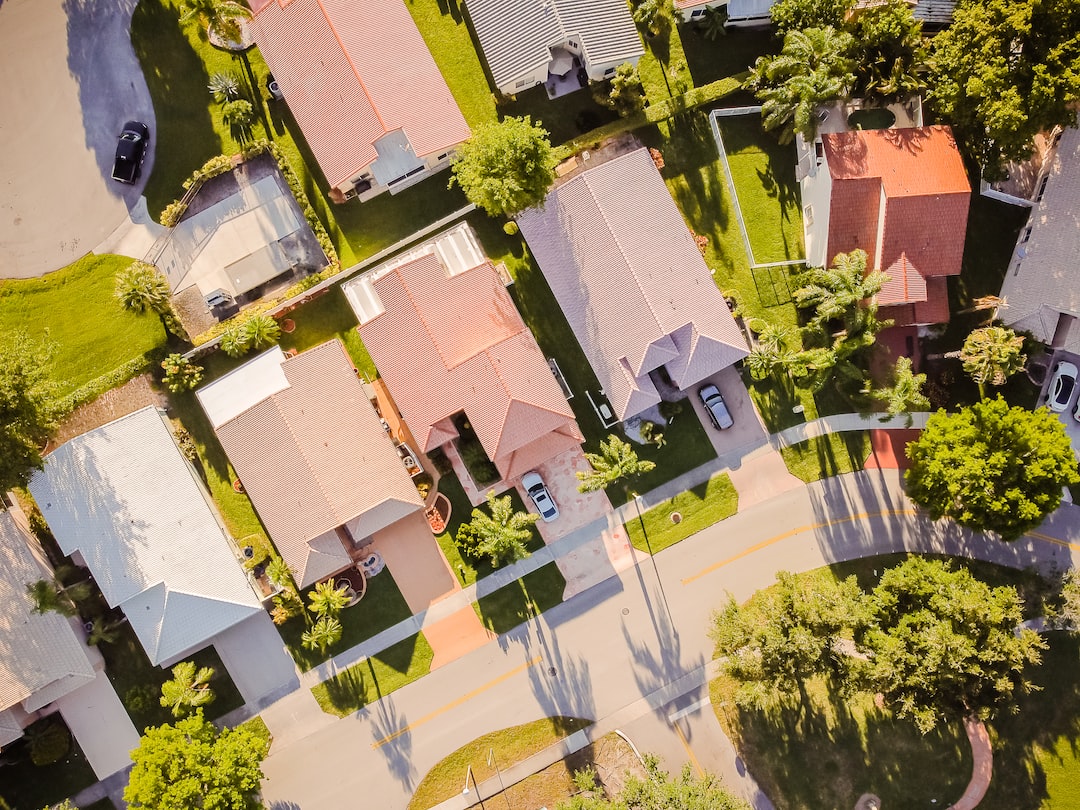Choosing between renting and buying: What makes financial sense?
The decision to rent or buy a property is one that many individuals and families face at some point in their lives. Both options come with their own set of pros and cons, but ultimately, the choice should be guided by what makes the most financial sense. Let’s explore the important factors to consider when weighing the decision of renting versus buying a property.
First and foremost, it’s essential to assess your financial stability and long-term goals. Are you ready to commit to a mortgage and take on the responsibilities of homeownership? If you’re uncertain about your future plans or simply prefer the flexibility that renting provides, it may be better to continue renting. Renting allows for easier mobility and fewer financial obligations, making it ideal for individuals who change jobs frequently or enjoy the freedom to relocate as they please.
On the other hand, if you are in a stable job and have a desire to establish roots in a community, buying a property might be a wise financial move. Paying a mortgage allows you to build equity over time, providing a sense of stability and potentially leading to future financial gains. Additionally, homeownership allows you to customize your living space to suit your needs, which is not always possible when renting.
Consider the state of the real estate market in your area. In some regions, property prices may be skyrocketing, making it more economically viable to rent. Conversely, in other locations where buying prices are steady or on the decline, it may be more cost-effective to invest in a property. Conduct thorough research on the current market trends and consult with local real estate experts to make an informed decision.
Don’t forget to factor in the costs associated with each option. When renting, your monthly expenses generally include rent, utilities, and renters’ insurance. While these costs may fluctuate over time, they usually remain relatively stable. On the other hand, purchasing a property involves more upfront costs, such as a down payment, closing fees, and property taxes. It’s crucial to consider your financial situation and evaluate whether buying a property aligns with your budget and future financial goals.
It’s also vital to take into account the potential return on investment (ROI) of homeownership. Over time, property values tend to appreciate, allowing homeowners to potentially sell their property for a profit. While this should not be the sole factor in your decision-making process, it is worth considering if you plan to stay in the property for a significant period. Renting doesn’t offer the same ROI opportunities as homeownership.
In conclusion, choosing between renting and buying ultimately comes down to your personal financial situation and long-term goals. Renting provides flexibility and fewer financial obligations, while buying a property can offer stability, customization, and potential financial gains. By weighing the factors discussed above, you can make an informed decision that suits your needs and helps you achieve your financial aspirations.
